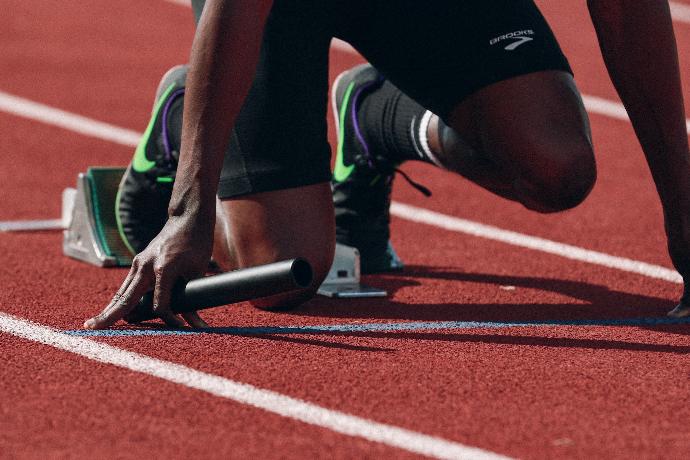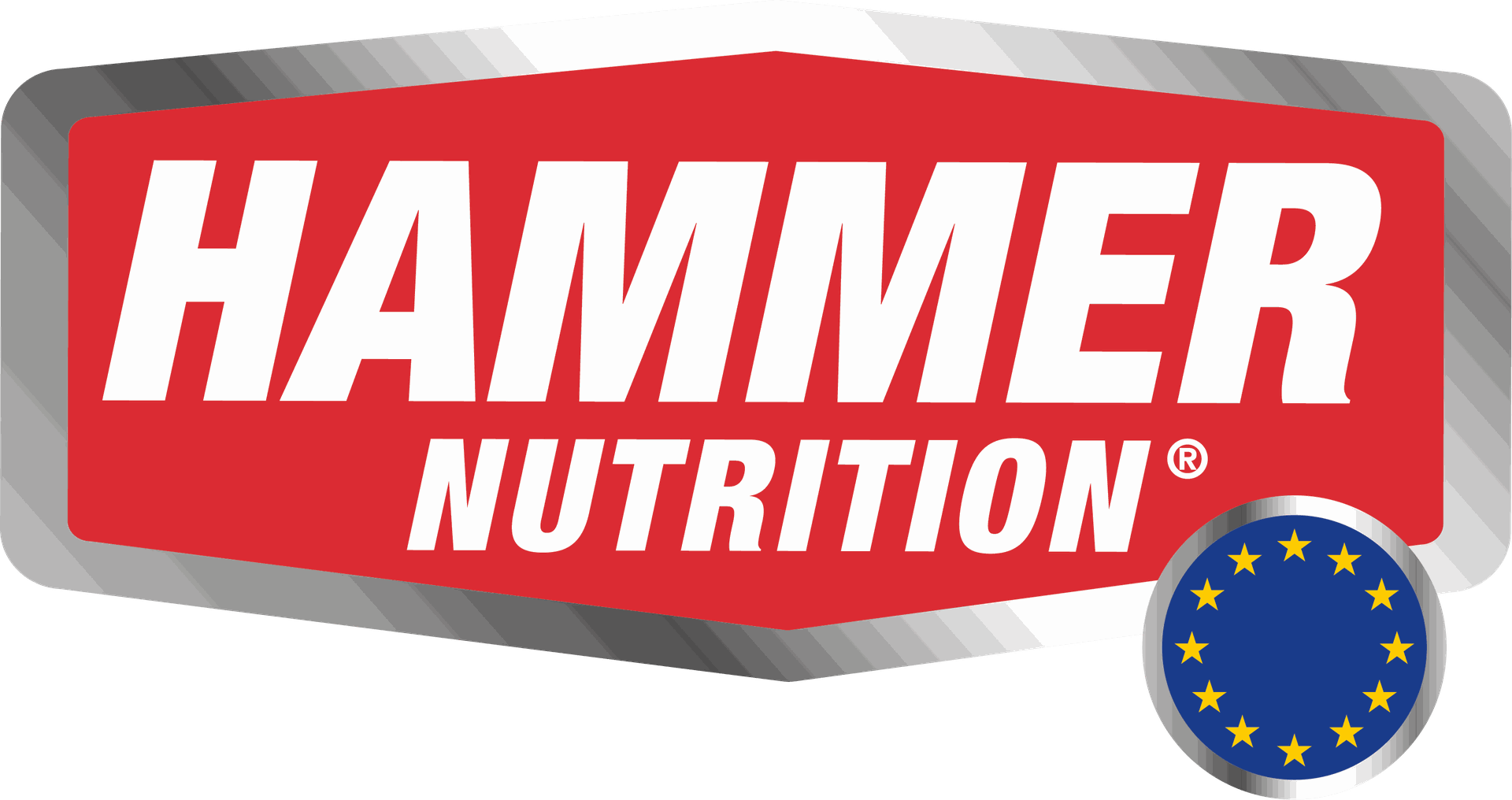Elektrolyten tegen krampen: Hoe ze werken en welke te nemen

Did you know: The term "electrolyte" was first coined in 1884 by Swedish scientist Svante Arrhenius, who discovered that certain substances conduct electricity when dissolved in water.
If you've ever experienced cramping during or after exercise, you know how painful and frustrating it can be. Various factors, including dehydration, fatigue, and an imbalance of electrolytes, can cause cramps. This article will examine electrolytes and their role in preventing cramps. We'll also discuss which electrolytes are the most important to replenish when it comes to cramping and which ones you should consider taking.
Key Takeaways
- Electrolytes are essential minerals that help regulate muscle function and fluid balance in the body.
- Dehydration and low electrolyte levels can lead to muscle cramps during and after exercise.
- Consuming foods rich in electrolytes, such as bananas and leafy greens, can help replenish your electrolyte levels.
- Choosing a balanced electrolyte supplement from a reputable brand can also help prevent cramps.
- It's important to stay properly hydrated and wear appropriate clothing and footwear during exercise to reduce the risk of cramping.
- If you experience frequent or severe cramping, be sure to speak with your healthcare provider to rule out any underlying health problems.
Understanding Electrolytes
Electrolytes are minerals that carry an electric charge and are found in the blood, urine, and other bodily fluids. These minerals play a crucial role in a number of bodily functions, including regulating the body's pH levels, controlling muscle contractions, and maintaining proper fluid balance.
Several types of electrolytes exist, including sodium, potassium, magnesium, and calcium. Each electrolyte has a specific role to play in the body, and an imbalance of any of these minerals can lead to various health problems, including cramping.
How Electrolytes Help Prevent Cramps
When you exercise, your muscles contract and relax repeatedly, which can cause tiny tears in the muscle fibers. As a result, electrolytes like sodium and potassium are lost through sweat. This loss of electrolytes can disrupt the average balance of minerals in your body and lead to cramping.
Replenishing your electrolytes can help prevent cramping by restoring the proper balance of minerals in your body. Replenishing the electrolytes lost during exercise can help your muscles contract and relax more efficiently, reducing the likelihood of cramps.
Which Electrolytes Are Most Important for Preventing Cramps?
While all electrolytes are important for maintaining proper bodily function, some are more important than others when preventing cramps. Here are the top electrolytes to focus on when trying to prevent cramping:
Sodium
Sodium is a key electrolyte that helps regulate fluid balance in the body. It also plays a critical role in muscle function, including muscle contractions. When sodium levels are low, it can lead to muscle cramping and weakness. To replenish sodium levels, consider drinking sports drinks or consuming salty snacks during and after exercise.
Some studies have suggested that consuming pickle juice may help alleviate muscle cramps, possibly due to its high sodium content.
Potassium
Potassium is another important electrolyte that helps regulate muscle contractions. It also helps regulate fluid balance in the body and can help prevent dehydration. Consider eating potassium-rich foods like bananas, sweet potatoes, and spinach to replenish potassium levels.
Magnesium
Magnesium is essential for proper muscle function and can help prevent muscle cramping. It also plays a role in regulating heart function and blood pressure. Consider eating magnesium-rich foods like nuts, seeds, and leafy green vegetables to replenish magnesium levels.
Calcium
Calcium is important for maintaining strong bones and teeth, but it also plays a role in muscle function. It helps regulate muscle contractions and can help prevent cramping. To replenish calcium levels, consider eating calcium-rich foods like dairy products, leafy green vegetables, and fortified foods.
Other Tips for Preventing Cramps
In addition to replenishing your electrolytes, you can do several other things to prevent cramps. Here are a few tips:
- Stay hydrated: Dehydration can lead to cramping, so be sure to drink plenty of water before, during, and after exercise.
- Stretch: Stretching before and after exercise can help reduce the likelihood of cramping.
- Build up your endurance: Gradually increasing the intensity and duration of your workouts can help prevent cramping.
Wear the right gear: Wearing the right shoes and clothing can help support your muscles and reduce the risk of cramping.
Did you know: While dehydration and low electrolyte levels are common causes of muscle cramps, other factors such as overuse, poor circulation, and nerve compression can also contribute to cramping. Ref: https://www.mayoclinic.org/diseases-conditions/muscle-cramp/symptoms-causes/syc-20350820
Which Electrolyte Supplements Should You Consider Taking?
Consider taking supplements if you're having trouble replenishing your electrolytes through diet alone. A variety of electrolyte supplements are available on the market, but not all of them are created equal. Here are a few things to look for when choosing an electrolyte supplement:
- Balanced electrolyte profile: Look for a supplement that contains a balance of sodium, potassium, magnesium, and calcium.
- Low sugar content: Some electrolyte supplements are high in sugar, which can actually dehydrate you further. Look for supplements that are low in sugar or sugar-free.
- Reputable brand: Choose a supplement from a reputable well-known brand like Hammer Nutrition for producing high-quality supplements.
Conclusion
Electrolytes play a crucial role in preventing cramps by helping to regulate muscle function and fluid balance in the body. Replenishing your electrolytes through diet or supplements can reduce the likelihood of cramps during and after exercise. If you're experiencing frequent cramping or have concerns about your electrolyte levels, speak with your healthcare provider.
FAQs
Can drinking too much water cause cramps?
While dehydration can lead to cramping, drinking too much water can also disrupt the balance of electrolytes in your body and lead to cramps.
Is it safe to take electrolyte supplements?
In general, electrolyte supplements are safe to take as long as you follow the recommended dosage and choose a reputable brand.
How much sodium should I aim to consume during exercise?
It's recommended that you consume around 500 to 700 mg of sodium per hour of exercise, depending on the intensity and duration of your workout.
Are there any natural ways to replenish electrolytes?
Yes, many foods are rich in electrolytes, including bananas, sweet potatoes, nuts, and leafy green vegetables.
Can cramps be a sign of a more serious health problem?
While cramps are usually harmless, they can sometimes indicate an underlying health problem. If you're experiencing frequent or severe cramping, speak with your healthcare provider.






